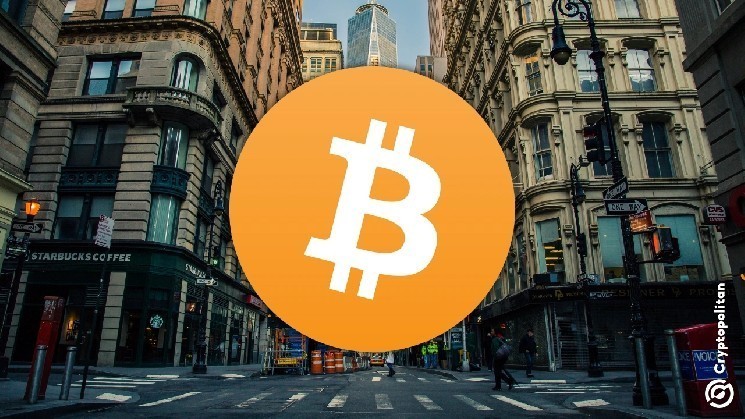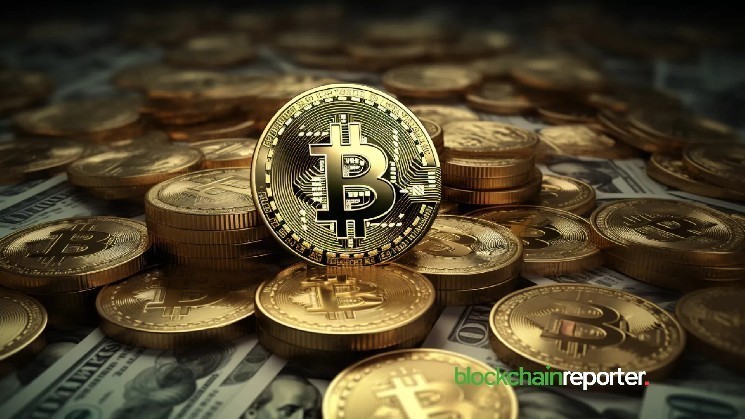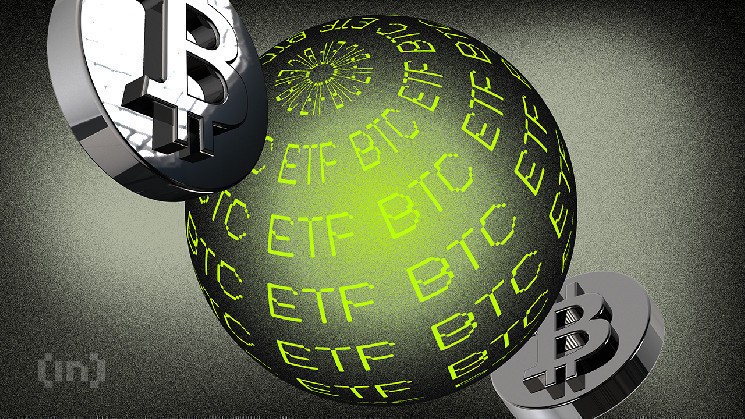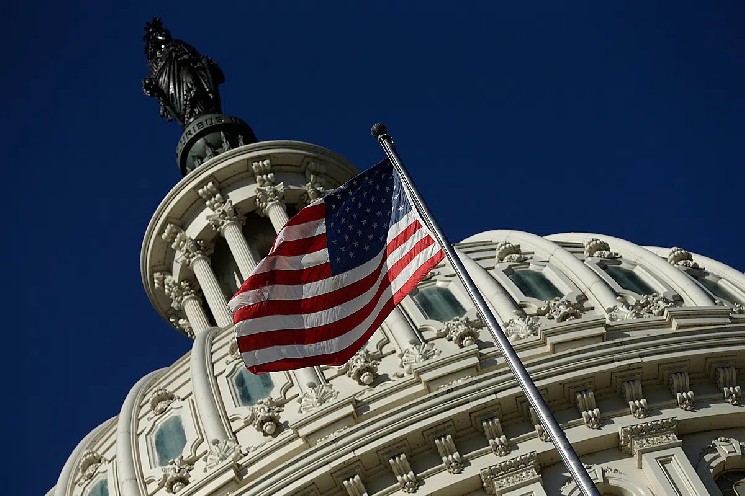Taiwanese lawmaker Ko Ju-chun has suggested that Bitcoin be included in Taiwan’s official reserves. According to the KMT lawmaker, Bitcoin could protect Taiwan against economic instability and strengthen its financial resilience. Ko believes that Bitcoin can coexist with gold and other currencies, potentially boosting Taiwan’s national security and economy.
Ko highlighted the increasing importance of blockchain-based, distributed assets such as Bitcoin. He stated that digital assets could diversify Taiwan’s reserves and curtail dependence on traditional finance systems. Ko cautioned that Taiwan could lag if it fails to address these opportunities quickly.
Taiwan Legislator KO, JU-CHUN advocates for Bitcoin as part of a diversified reserve strategy at the National Conference on May 9th. Citing global risks & Bitcoin’s hedge potential, he urges Taiwan to consider it alongside gold & forex reserves to bolster financial resilience.… pic.twitter.com/KHKcHLQ2uB
— 科技立委葛如鈞 Ko Ju-Chun (@dAAAb) May 9, 2025
This proposal comes at a time when global interest in cryptocurrencies is rising. Just a few hours before Ko’s statement, New Hampshire became the first U.S. state to legalize government investments of cryptocurrencies, including Bitcoin. This shift reflects a broader change in how lawmakers are viewing cryptocurrencies, not just as speculative investments, but as strategic financial instruments.
Ko’s Bitcoin Strategy for Taiwan
Ko has proposed that Taiwan allocate as much as 5% of its $50 billion foreign exchange reserves into Bitcoin. This would mean additional digital assets in the country’s financial portfolio, apart from the gold and foreign currencies. Though still in its development, the proposal could kick off a broader dialogue on Bitcoin in national economic policy.
The proposal to include Bitcoin in national reserves has become a global trend. Advocates contend that Bitcoin is an inflation hedge and a geopolitical hedge. Its decentralized and fixed supply nature makes it interesting for countries that plan to diversify their assets. Bitcoin might also serve as a safety net from the devaluation of currency during economic crises.
Related: Taiwan Introduces Tough AML Rules: Crypto Firms Must Register Locally
However, there are concerns about Bitcoin’s volatility and the security risks that can be connected with digital assets. The cryptocurrency market has a very unpredictable nature and many fear that its price fluctuations can destabilize an entire national reserve. These concerns bring into focus what Taiwan would be up against if it embarked on Bitcoin as a reserve option.
Although these risks exist, Ko’s proposal signals a move toward exploring how digital assets can be incorporated into national finance systems. With the geopolitical pressures on Taiwan growing, Bitcoin might be an attractive financial stabilizer. Only time can tell whether Taiwan will or will not adopt this idea, but Ko’s proposal is stretching the limits of traditional financial practices.
Disclaimer: The information presented in this article is for informational and educational purposes only. The article does not constitute financial advice or advice of any kind. Coin Edition is not responsible for any losses incurred as a result of the utilization of content, products, or services mentioned. Readers are advised to exercise caution before taking any action related to the company.











Leave a Reply